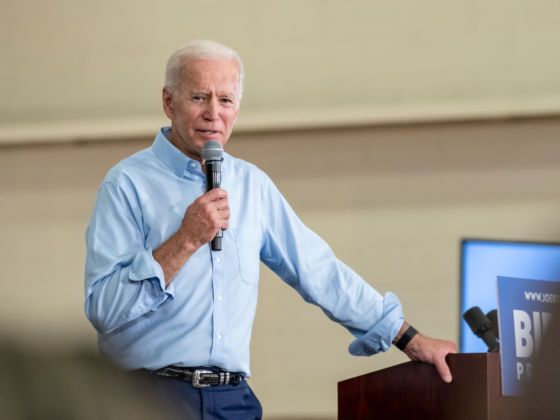This is The Climate Win, the most positive sustainability news around the world every week.
Presumptive Democratic presidential candidate Joe Biden released a massively updated climate plan this week. The big headline points are impressive on their own because they break from the progressive trend to exclude some prominent private sector voices. For example, Biden’s plan calls for moving the United States energy grid to carbon-free production by 2035, without outright committing to banning fracking or fossil fuel use.
